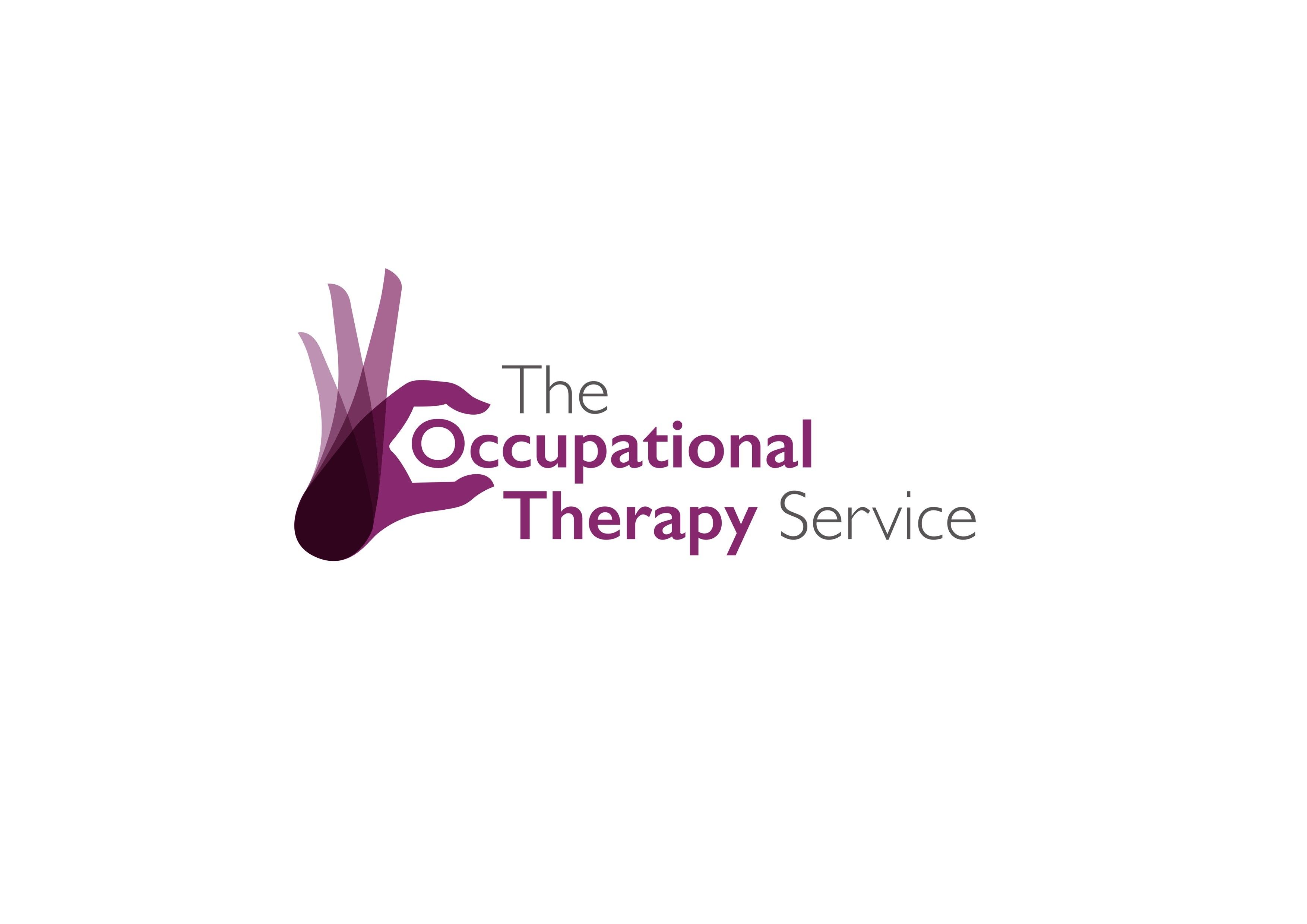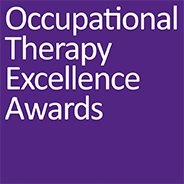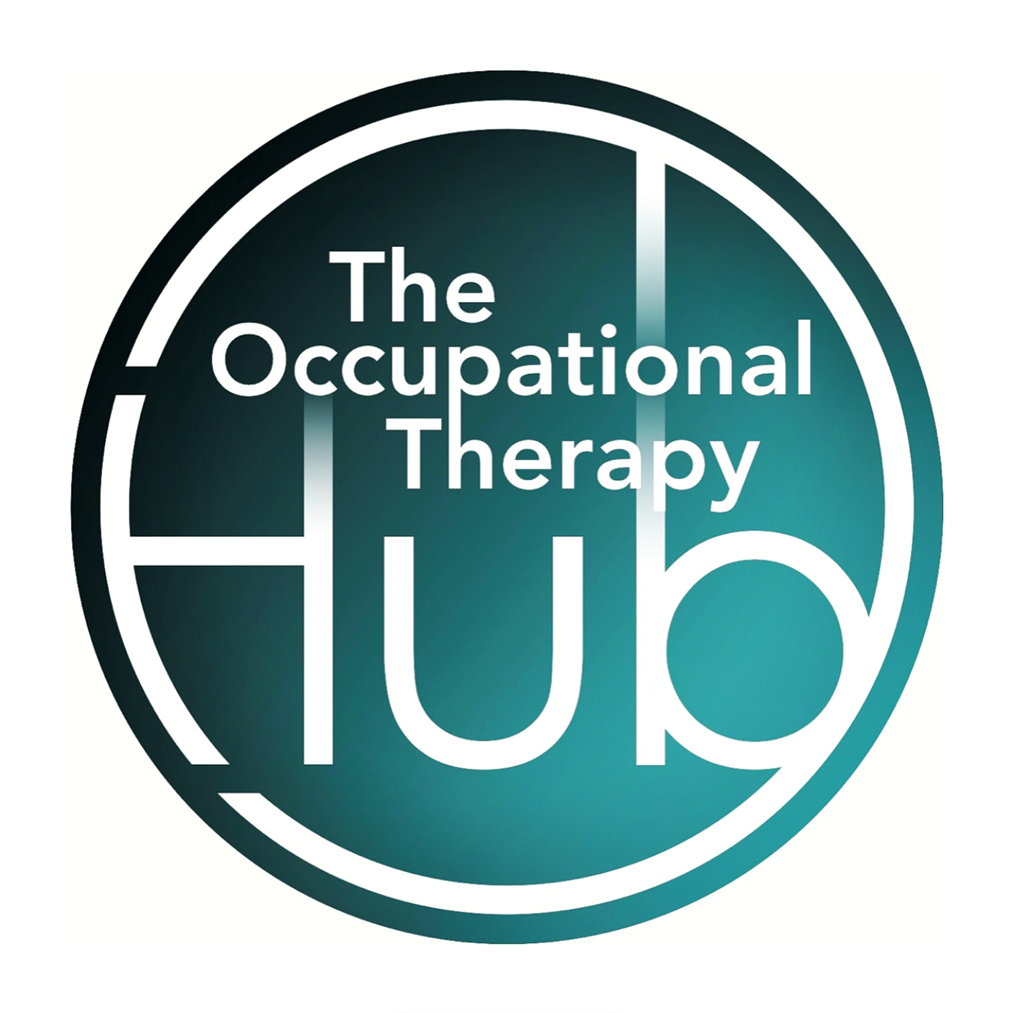A sit down with renowned OT health professional, Dr Louise Newson
)
- Your work has been hugely influential in raising awareness of menopause and perimenopause. What will be the key message of your talk at the Occupational Therapy Show?
- "The key message of my talk will be the significant impact hormonal changes can have on daily life and work, and the importance of informed, evidence based information and treatment from all healthcare professionals, including occupational therapists."
- What first inspired you to specialise in menopause care?
- "My interest in menopause care was sparked by seeing so many women struggle without the information, support, or treatment they needed. The lack of awareness and evidence-based care inspired me to specialise and advocate for change."
- Why is it important for occupational therapists to understand how menopause symptoms can affect daily function, work, and wellbeing?
- "It is essential for occupational therapists to understand menopause because symptoms can affect cognitive function, sleep, mood, and physical health, all of which directly influence daily activities, participation at work, and overall wellbeing."
- What’s one menopause symptom you feel is often overlooked but has a big impact on people’s lives?
- "Cognitive symptoms - often called “brain fog” - are frequently overlooked but can be extremely disruptive, affecting memory, concentration, and confidence."
- What is a simple, practical action an occupational therapist could take tomorrow to better support someone experiencing menopause symptoms?
- "A simple, practical action would be to initiate a conversation about menopause and hormones with clients who are struggling, and signpost to reputable resources or specialist support."
- Can you share one patient story that captures the difference the right menopause support can make?
- "I recall a patient who, after years of struggling with anxiety, sleep issues, and poor concentration, received the right menopause treatment and support – previously she had been told her symptoms were all due to depression and fibromyalgia. She was able to return to work, regained her confidence, and reported a dramatic improvement in her quality of life. Stories like this are unfortunately common, but they show the difference current treatment can make."
- Looking ahead, how do you see menopause conversations evolving in healthcare and workplaces over the next five years?
- "Over the next five years, I hope menopause will become a routine topic in health and workplace conversations, with easier access to tailored treatment, less stigma, and proactive policies that recognise the needs of those affected."
- What’s the one thing you hope attendees will go away and do differently after your session?
- "I hope attendees leave my session feeling empowered to ask about menopause with their clients and to seek out further learning. Small changes in practice can make a significant difference."
- What are you most looking forward to at this year's Occupational Therapy Show?
- "I’m most looking forward to connecting with occupational therapists, hearing about their experiences, and sharing practical strategies they can use in their work."
We are grateful to Dr Newson for sharing her insights with us. Don’t miss the opportunity to hear more from her live in the CPD Programme at the Occupational Therapy Show, where she will be speaking in the Keynote Theatre on 27 November.



















